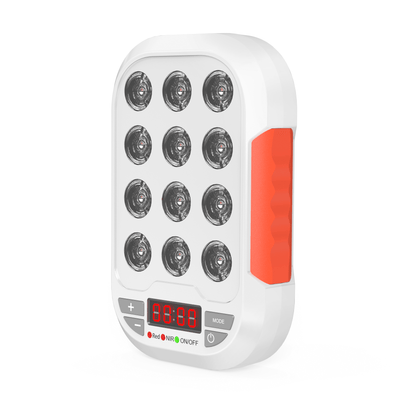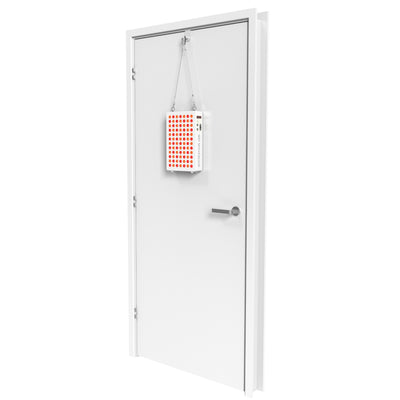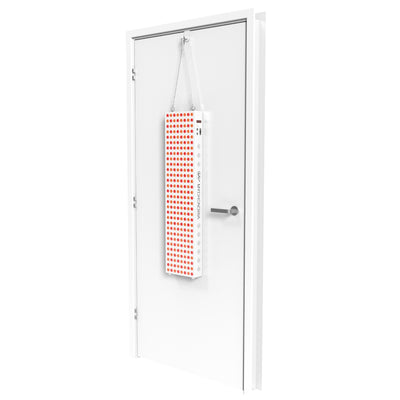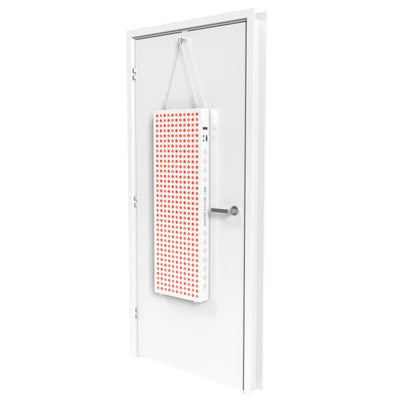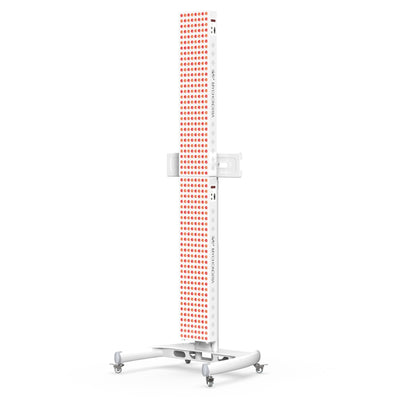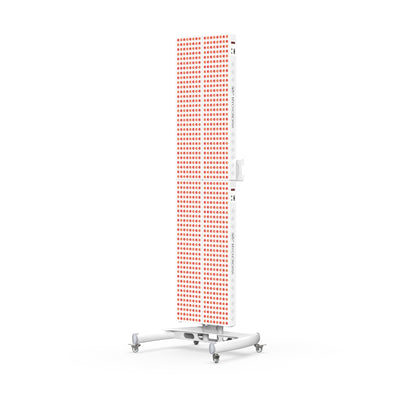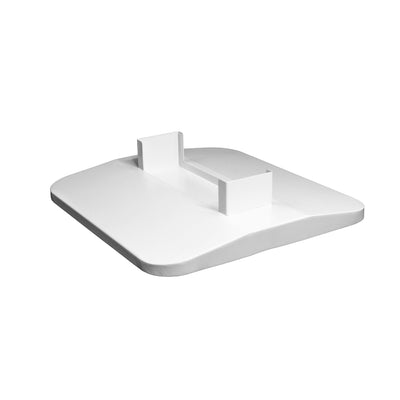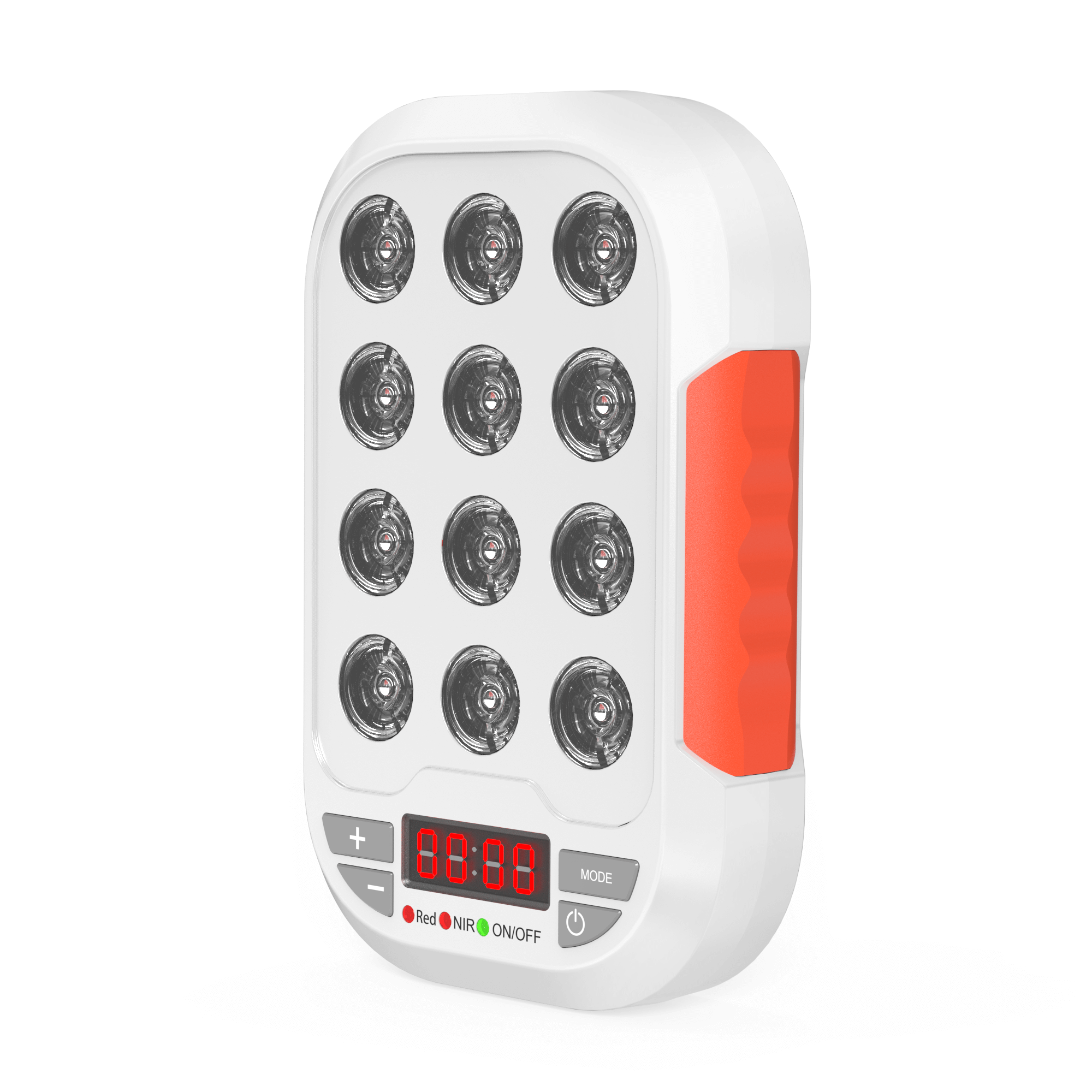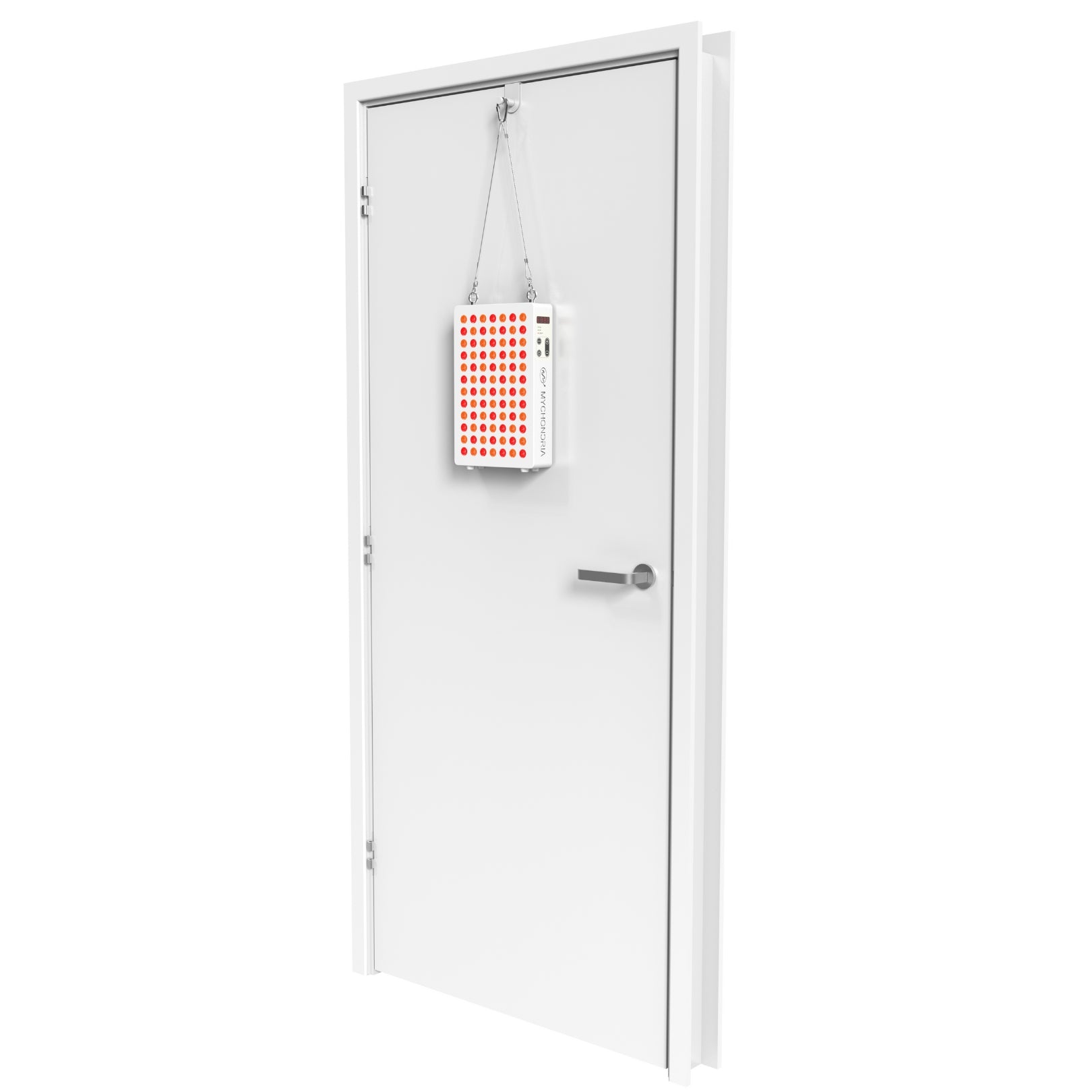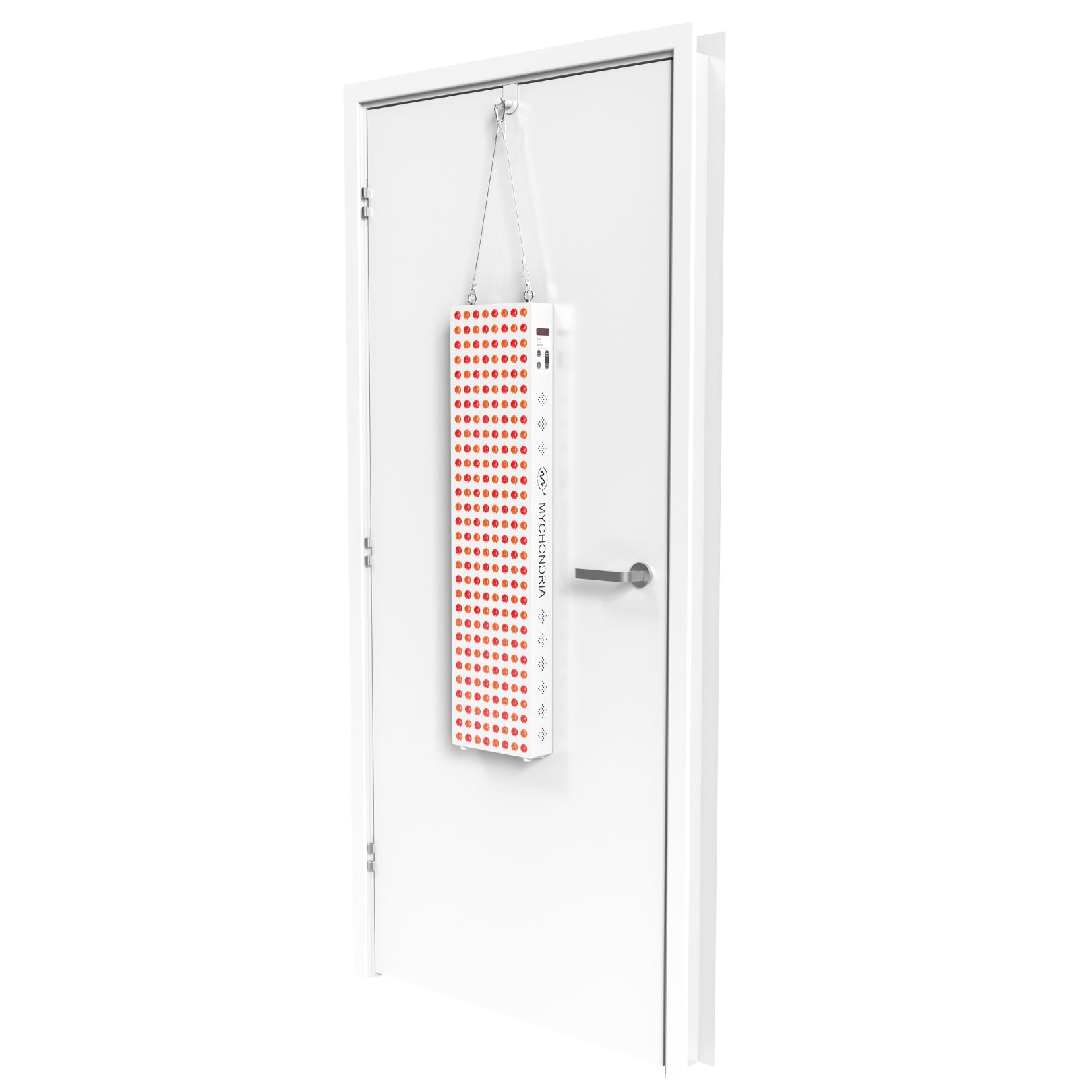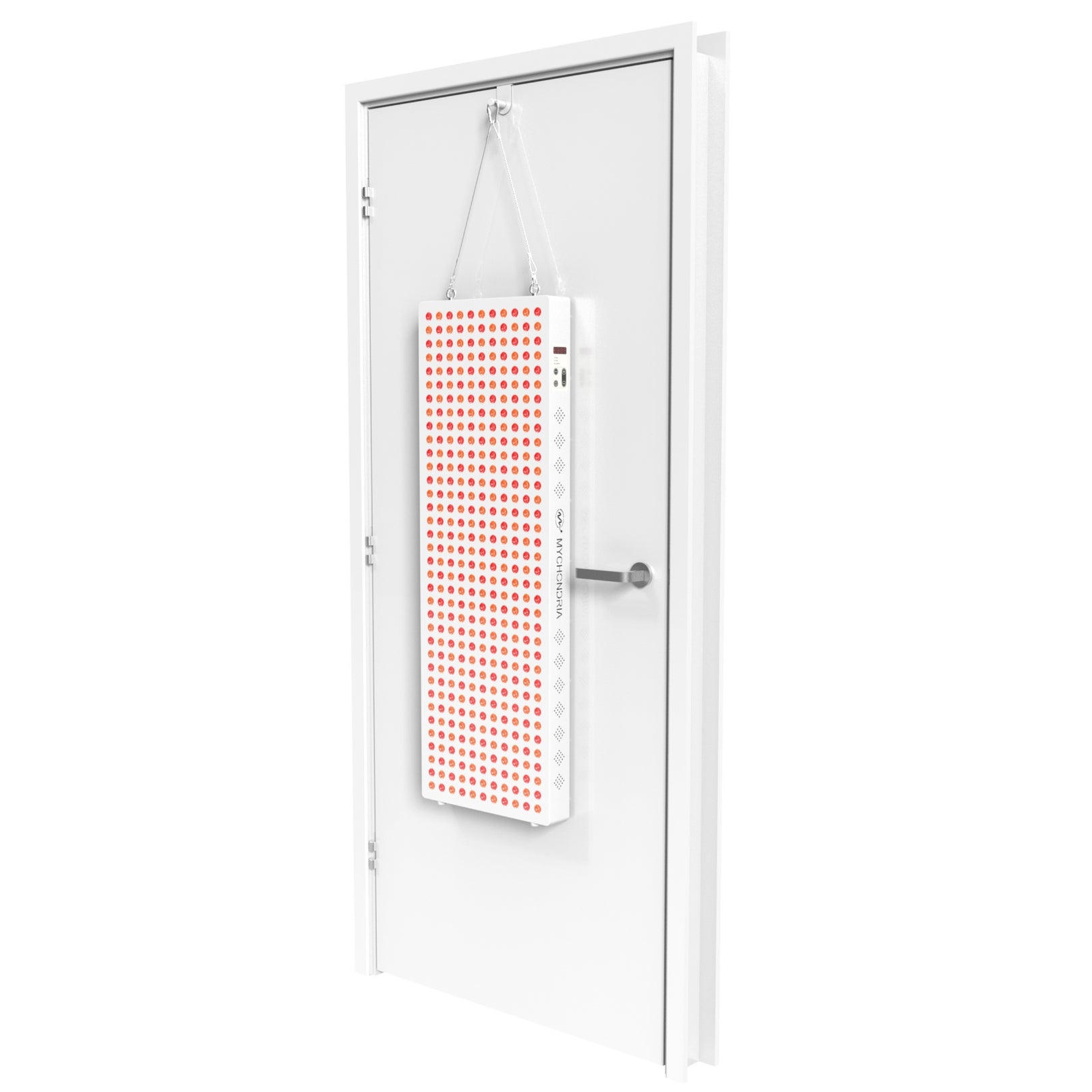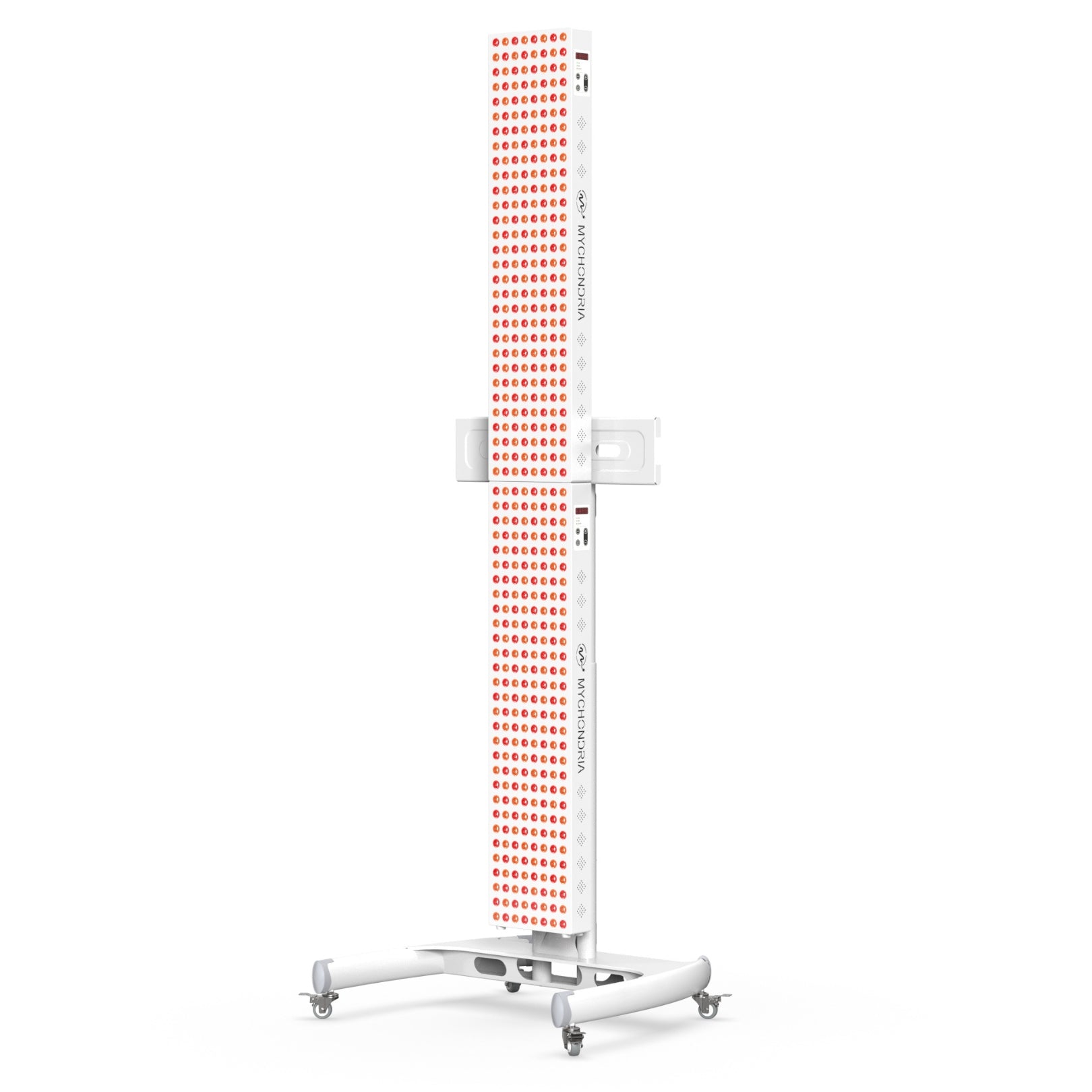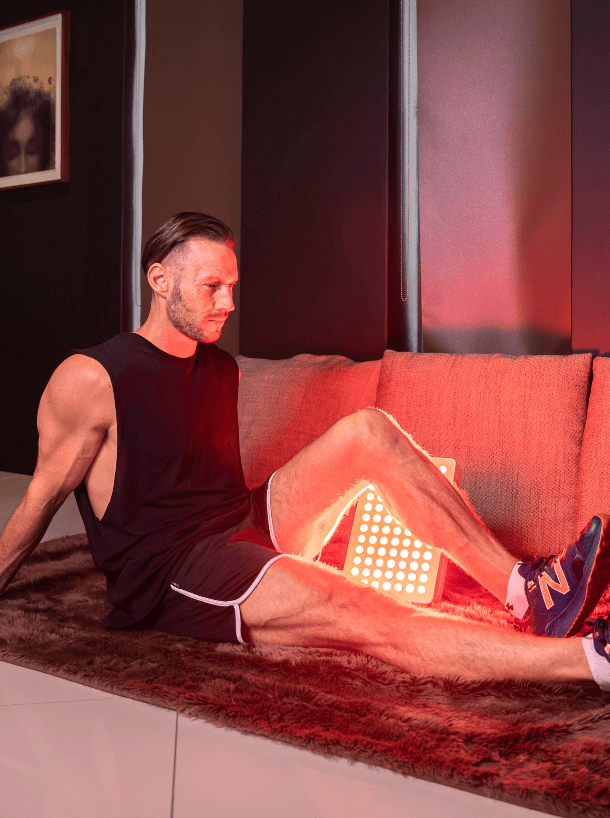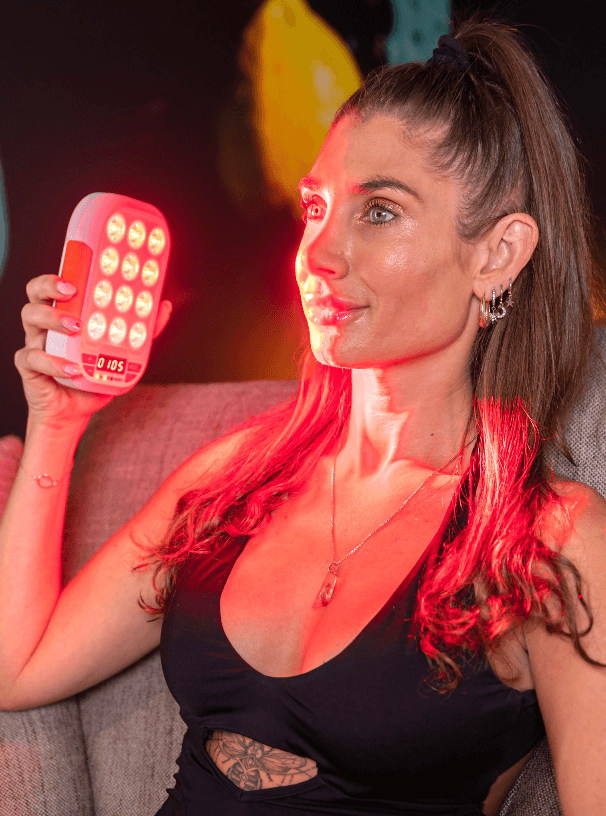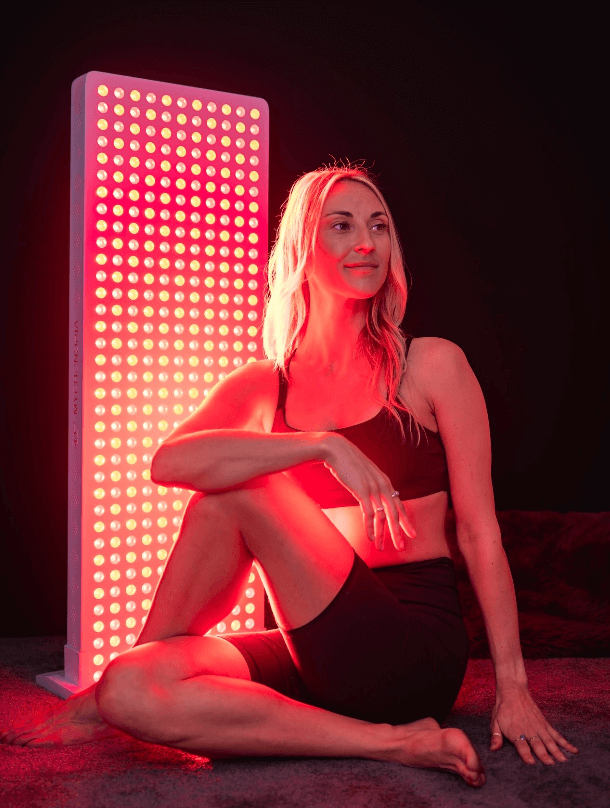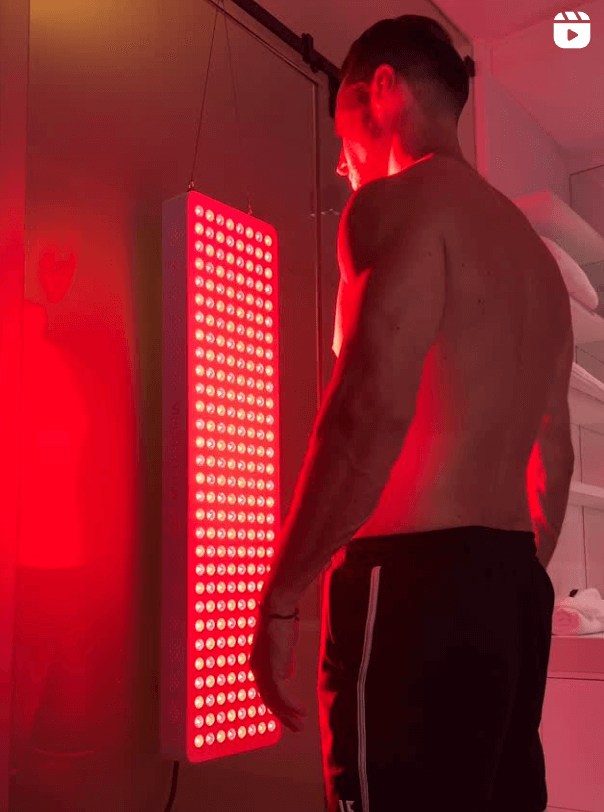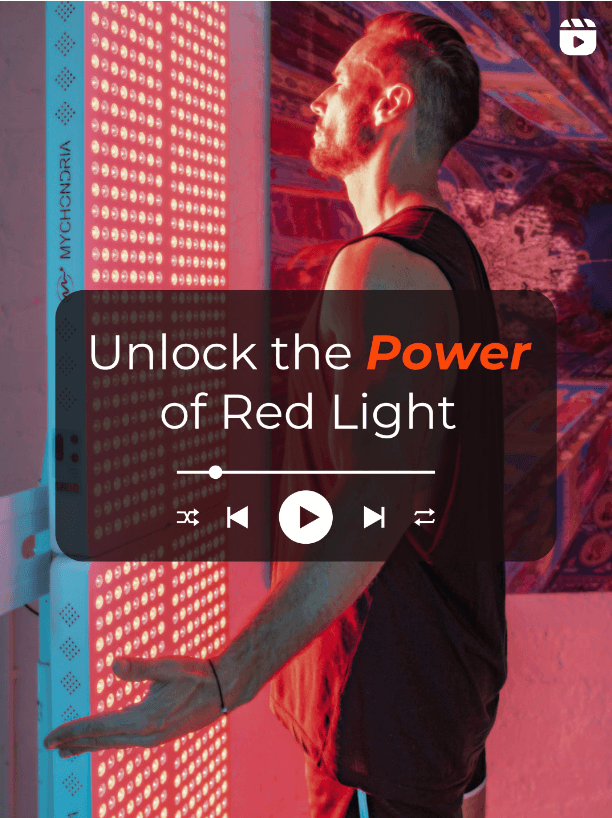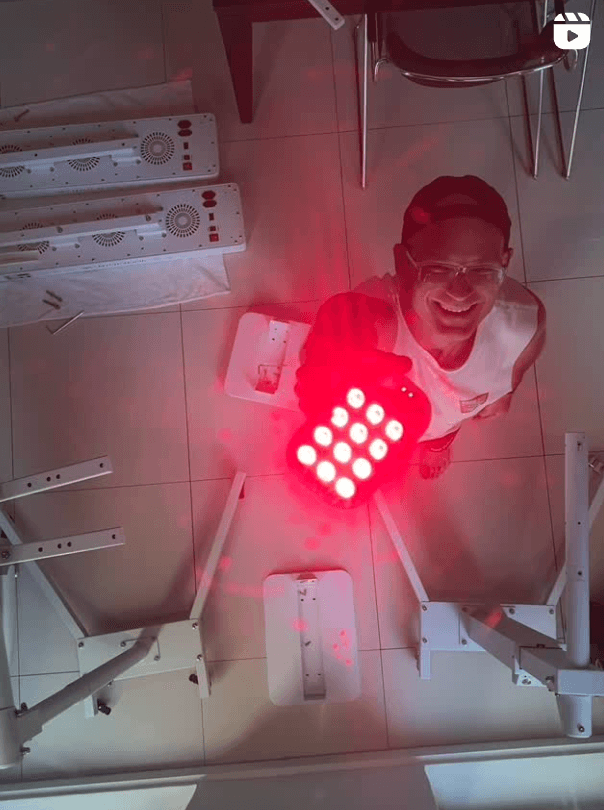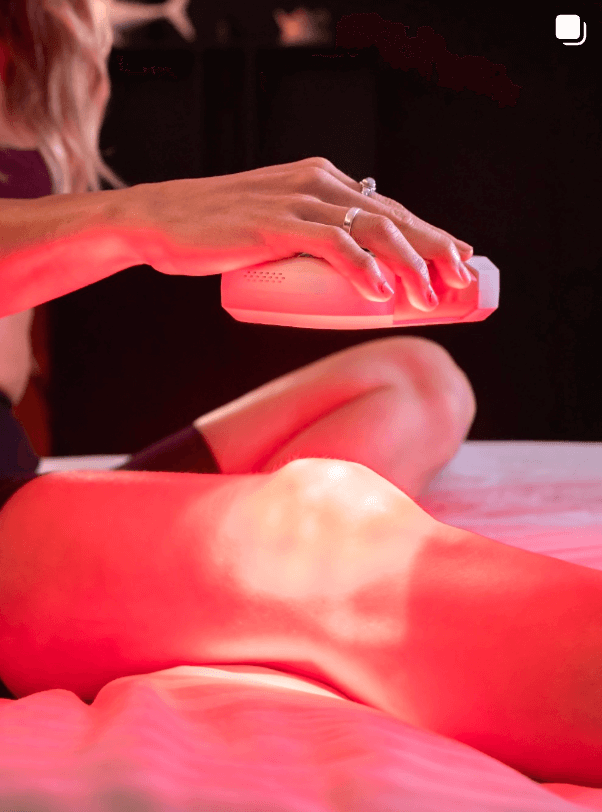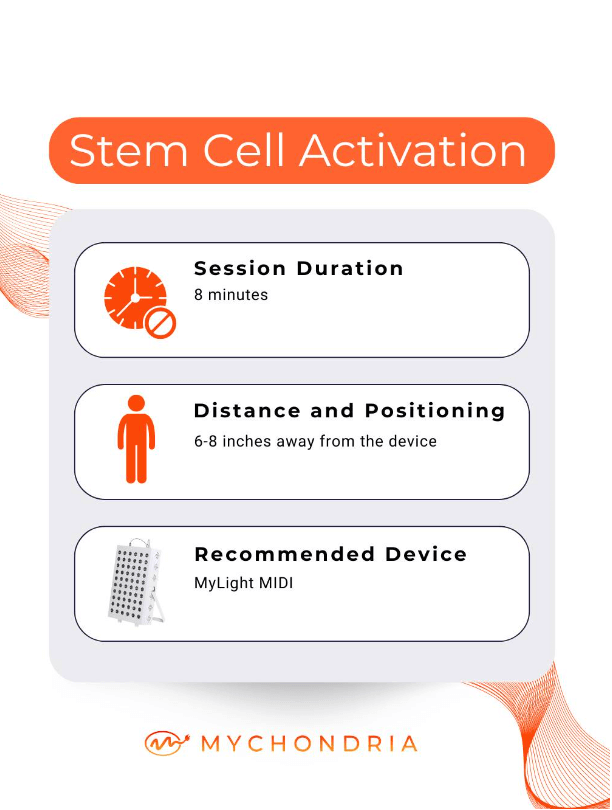
High quality sleep is essential for optimal health and performance. Sleep also helps to prevent chronic health issues, such as diabetes and heart disease.
With light being the most important factor in determining your sleep quality, it is essential to understand how the digital age, with its excessive artificial light, is damaging your health.
Before we jump into how light affects your sleep though, let's quickly go over the impact that a lack of sleep can have on your body:

Mood
There’s a higher chance of feeling more angry, short-tempered and stressed after having a sleepless night. Not only does sleep affect your mood, but mood itself can affect your sleep cycle too.
Inflammation
Balancing too little sleep and too much sleep will affect the level of inflammation you receive. A good amount of sleep lessens the risk of heart disease as well as autoimmune disorders (rheumatoid arthritis).
Weight gain
Digestion, metabolism and weight issues can start to form when there is a lack of balance within your cells, and ultimately, a poor sleep cycle. Our circadian rhythm (your internal 24-hour clock that helps you feel sleepy at night and alert during the day) needs to be aligned with our eating habits in order to allow our organs to function well.

Light & Your Sleep Hormones
1- Cortisol is a stress hormone which helps to control your mood, motivation, and fear. It also plays an important role in:
- Managing how your body uses carbs, fats and proteins
- Reducing inflammation
- Regulating your blood pressure
- Increasing your blood sugar
- Boosting energy so you can handle stress and restores balance afterward
- Controlling your sleep/wake cycle
2- Melatonin's first function was to act as an antioxidant (a substance that reduces cellular damage). In recent years, however, it has become more well known as the 'sleep hormone'.
Melatonin controls your circadian rhythms, mood regulation, anxiety, sleep, appetite, immune responses and cardiac functions.
In order maximise your sleep quality, you want lower levels of cortisol and higher levels of melatonin at night.
When you are exposed to blue light after sunset (from your television/cellphone/laptops/overhead lighting) it forces your body to make extra cortisol and decrease your melatonin production.
Even if you feel tired, the blue light signals to your brain that it’s time to be awake, and your hormones respond accordingly.
If you want to maximise your sleep quality, then the first step is to prevent blue light from entering your eyes after sunset. This is easily achieved through the use of blue blocker glasses.

Red Light Therapy and Sleep
So if blue light is able to damage our sleep, does that mean that red light can help to boost our sleep quality?
Remember that earlier we mentioned how melatonin also served the function of being an antioxidant...
Well it turns out that one of the ways red light therapy improves the health of your cells is by increasing your production of melatonin.
By having your red light device in the comfort of your home, you can ensure that you’re getting the right amount of red light in order to boost your sleep quality.
What does the research say?
A study done on female athletes, showed that 30 minutes of red light therapy each day, for 14 days, resulted in drastic improvements in sleep quality, endurance and melatonin levels (up to 75% more!).
Another study done on 19 people in an office space over a 3 week period, where they used a combination of red and ambient white light in the afternoon, showed an improvement in circadian rhythm activation, as well as more alertness after lunch.

The research has shown that for sleep quality, you need to have quite a high dose of red light therapy (30 J/cm2 to be precise).
With a high-powered red light therapy device, such as those from the MyLight Collection, you can do this in as little as 5 minutes!
If you're ready to optimise your health and performance, by levelling up the sleep quality, then you need to have an effective red light therapy device in your tool box.
Written by Xanthi Georgiades
